Tim Cook’s Interview with Time Magazine on Apple vs. FBI


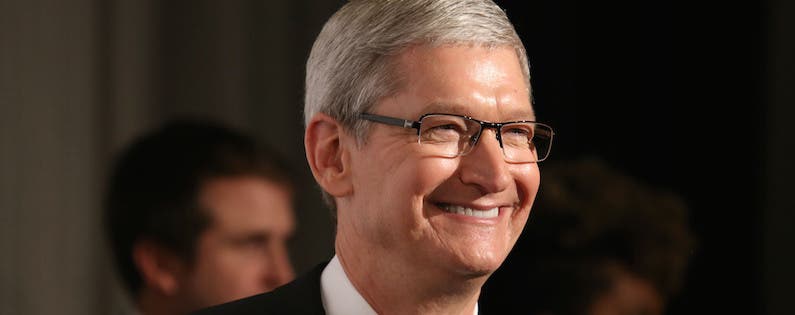
By now you’re aware of the fight on privacy and security taking place between Apple and the FBI. An iPhone 5c was recovered from the San Bernardino shooter after the terrorist attack back in December of 2015. In order to access the phone’s data, the FBI is citing the All Writs Act in its demand that Apple create a ‘GovtOS’ which would allow the agency to enter unlimited passcodes until the phone is unlocked. Tim Cook was recently interviewed by Time magazine on the matter, stating the whole ordeal feels like a “bad dream.”
If you’ve been following coverage regarding Apple vs. FBI, there’s likely nothing new in this interview. From Apple’s opening statement to John Oliver’s fantastic, comical summary of events, there’s plenty of information available for getting up to speed. However, this is the most in-depth interview we’ve heard straight from Apple’s CEO since the ordeal began. It’s a long article and a much longer transcript so I’m going to pull out some key points and areas of interest to share in bite-sized chunks below. You can read the full article on Time here, or the transcript here.
On finding out about the government’s request:
“We found out about it actually from the press, who were being briefed about it in advance of the filing.I think most people here felt like it wouldn’t occur, and I felt that if it would occur, I would get a call. And that didn’t happen. We found out about it actually from the press, who were being briefed about it in advance of the filing. That means they elected to not file it under seal, in order to get the visibility on it, I guess, and try to swing the public, and decided not to reach out on it.”
On the decision to fight it:
“We had already decided before the suit hit that this wasn’t a good thing for people. From a customer point of view it wasn’t good, because it would wind up putting millions of customers at risk, making them more vulnerable. In addition, we felt like it trampled on civil liberties, not only for our customers but in the broader sense. It felt like different points in history, almost, in the U.S., where the government overreached for whatever reason. And we were dead set in the path of it.
So we knew it was wrong. It was wrong on so many levels. And so when we saw the suit, when the suit actually hit, it was then more about, how do we communicate to the Apple community why we’re doing what we’re doing?”
On the use of the All Writs Act:
“And the way that we simply see this is, if this All Writs Act can be used to force us to do something [that] would make millions of people vulnerable, then you can begin to ask yourself, if that can happen, what else can happen? In the next senate you might say, well, maybe it should be a surveillance OS done. Maybe law enforcement would like the ability to turn on the camera on your Mac. But it wasn’t clear at all. Because if you read the All Writs Act, you can tell it was written over two hundred years ago. It’s a very open ended kind of thing that was clearly meant to fill in the crevices of laws that didn’t exist yet in the country. So we saw this slippery slope there.”
On Freedoms in America:
“And certainly some things that are very good can sometimes be used in a bad way. We get that. But you don’t take away the good for that sliver of bad. We’ve never been about that as a country. We make that decision every day, right? There are some times that freedom of speech—we might cringe a little when we hear that person saying this, and wish they wouldn’t, but we think about the alternative of not having that freedom. We think about freedom of the press. You just go on and on and on. We all cringe occasionally, but then we think about if you begin to restrict and limit and box. Pretty soon it’s not the country that we’re a part of anymore. It’s not America anymore. This to us is like that. It’s at the core of who we are as a country.”
On the dialogue the controversy has created:
“And so do I like their tactics? No. I don’t. I’m seeing the government apparatus in a way I’ve never seen it before. Do I like finding out from the press about it? No. I don’t think it’s professional. So do I like them talking about, or lying, about our intentions? No. I’m offended by it. Deeply offended by it.
However, putting all of that emotion aside, I think the dialogue that is happening now with a lot of different people and a lot of different viewpoints, people that agree with us and disagree with us, I think it’s healthy and it’s a part of democracy. So that part I’m really excited about. And I’m optimistic that we’ll get to the right conclusion.”
On the possibility of a Master Key iOS:
“No one should have a key that turns a billion locks. It shouldn’t exist. No one should have the message content for all of these messages. You wouldn’t want it all in one place. I think it would be very bad for security and privacy. If I know what your messages are, if I can read those, I’ll probably be able to conclude where you’re going, who you’re with, the location the message was sent.
I mean, the location the message was sent the phone company would have anyway probably, if it goes across the cellular network. But there’s just a lot of information there that can have implications on your safety, or your loved ones’ safety.”
The Schrödinger's cat of iPhones:
“They don’t know if there’s anything on it. I think everybody’s said that. I think Comey says maybe there is, maybe there’s not. So I think everybody recognizes that there may not be anything on it, there may be something on it. What I’m saying is, to invent what they want me to invent puts millions of people at risk.”
Let’s be reasonable:
“At the end of the day I’ll follow the law. But in our view there’s no law today that says I have to do this. The government is saying that this two hundred-plus year old law gives them the right to tell me I have to do it. I look at that and say, come on guys, this is crazy. That’s not right, and you know it’s not right.”
In conclusion:
“We’re going to fight the good fight not only for our customers but for the country. We’re in this bizarre position where we’re defending the civil liberties of the country against the government. Who would have ever thought this would happen?”
Top Image Credit: JStone / Shutterstock.com

Conner Carey
Conner Carey's writing can be found at conpoet.com. She is currently writing a book, creating lots of content, and writing poetry via @conpoet on Instagram. She lives in an RV full-time with her mom, Jan and dog, Jodi as they slow-travel around the country.


 Cullen Thomas
Cullen Thomas
 Rachel Needell
Rachel Needell
 Olena Kagui
Olena Kagui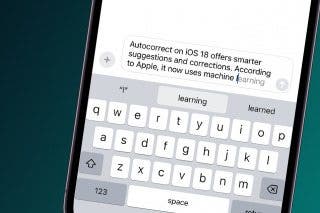
 Rhett Intriago
Rhett Intriago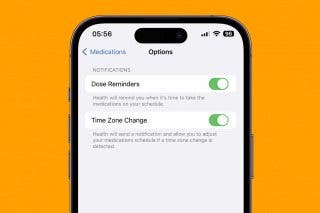
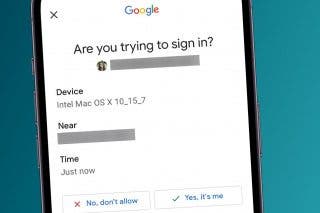
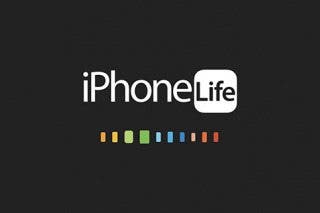
 Susan Misuraca
Susan Misuraca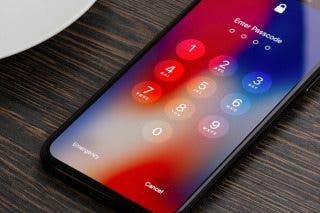
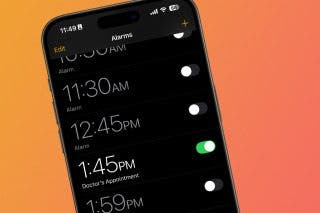

 Amy Spitzfaden Both
Amy Spitzfaden Both
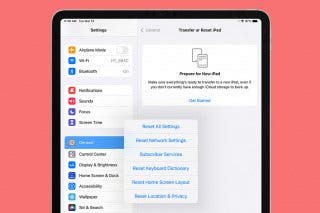



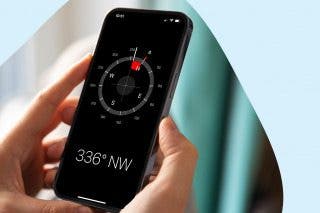
 Leanne Hays
Leanne Hays